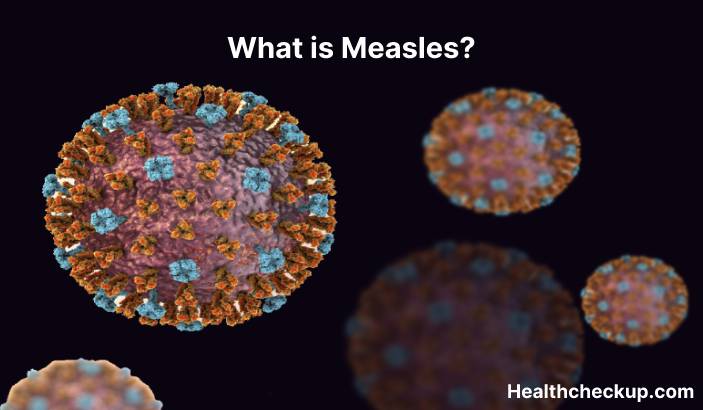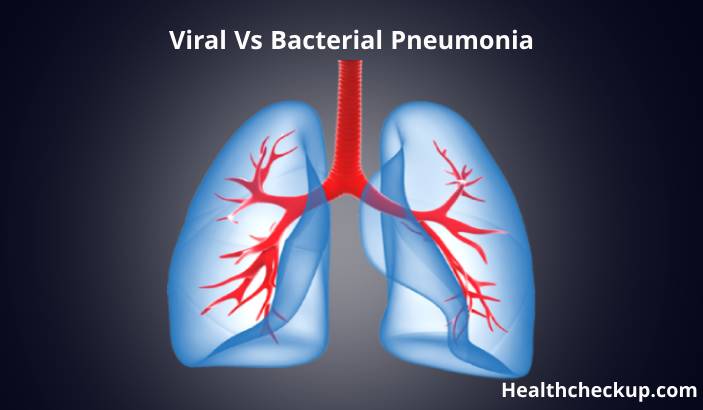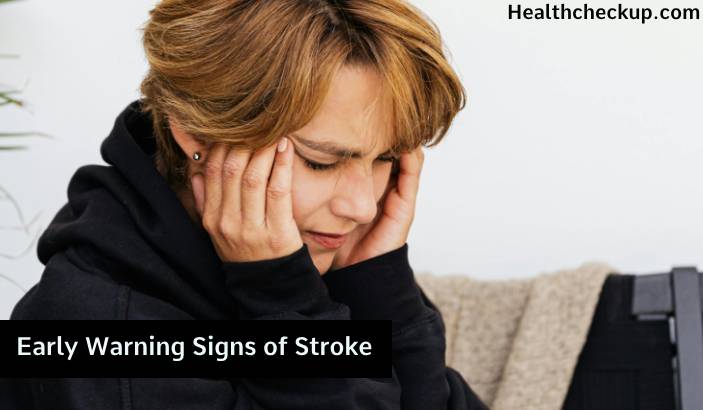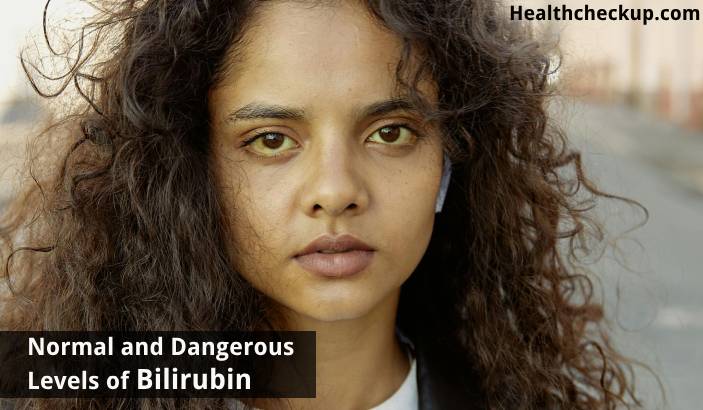Measles is a highly contagious viral infection that is caused by the measles virus. It is a leading cause of death among young children globally, particularly in low-income countries. Measles is transmitted through the air by breathing, coughing, or sneezing. The virus can also be transmitted by direct contact with an infected person’s nose or throat secretions.
Symptoms of measles typically appear about 7-14 days after infection which include:
- Fever
- Cough
- Runny nose
- Red, watery eyes
A few days later, a red rash appears on the face and spreads to the rest of the body. The rash usually lasts for about a week.
Diagnosis of measles is typically based on the presence of symptoms, as well as a person’s vaccination history and exposure to infected individuals. A laboratory test can confirm the diagnosis.
Treatment of measles involves supportive care to help alleviate symptoms that include:
- Rest
- Fluids to prevent dehydration
- Medications to reduce fever and relieve cough and sore throat
- Vitamin A supplementation to reduce the risk of complications
In severe cases, hospitalization is necessary.
Measles can be prevented through vaccination. The measles vaccine is highly effective and safe. It is usually given as a combination vaccine called the measles, mumps, and rubella (MMR) vaccine. The MMR vaccine is typically given in two doses: the first at 12-15 months of age and the second at 4-6 years of age.
It is important to ensure that children and adults are up to date on their vaccinations to protect against measles and other vaccine-preventable diseases. It is also important to educate people about the importance of vaccination and to combat misinformation about vaccines. By working together, we can help protect ourselves and others from this potentially serious and deadly disease.









